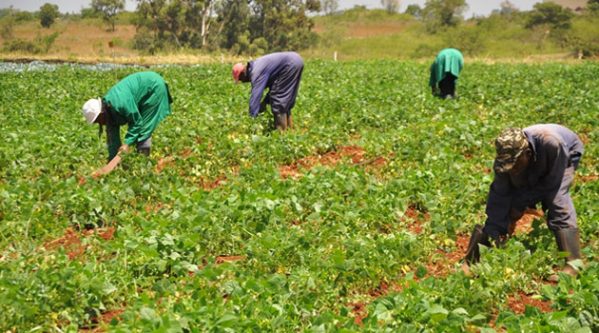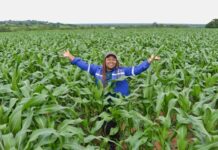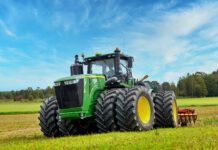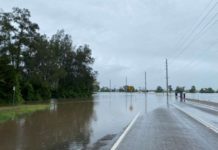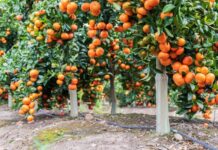South Sudan has received US $116million from the World Bank to fund two projects aimed at strengthening the capacity of farmers to improve agricultural production, and restore livelihoods and food security.
Out of the funds US $62.2million will be used in supporting training programmes for farmers to help them efficiently manage their organisations, adopt new technology and use climate smart agriculture to boost their yields. It will also invest in tools, machinery, and seeds required to improve productivity.
The other 53.7million will be set for Emergency Locust Response Project (ELRP). This will boost South Sudan’s response to desert locust by ensuring direct income to the most vulnerable households to allow them to produce more food for themselves and local markets, as well as use labor intensive public works to provide income opportunities while promoting restoration of pasture and farming systems. This is the third phase of the regional Emergency Locust Response Program, which has already provided financing to Djibouti, Ethiopia, Kenya, Uganda, and Somalia.
Restoration of pasture and farming system
The World Bank said the project will ensure direct income to the most vulnerable households to allow them to produce more food for themselves and local markets, as well as use labour intensive public works to provide income opportunities while promoting restoration of pasture and farming system. The two grants will be the first World Bank-financed projects since 2018 to be implemented through government systems, specifically the Ministry of Agriculture and Food Security.
“These two timely projects provide a mix of investments in social protection and agriculture to address drivers of both acute and chronic food insecurity,” Ousmane Dione, World Bank Country Director for Eritrea, Ethiopia, South Sudan and Sudan.


